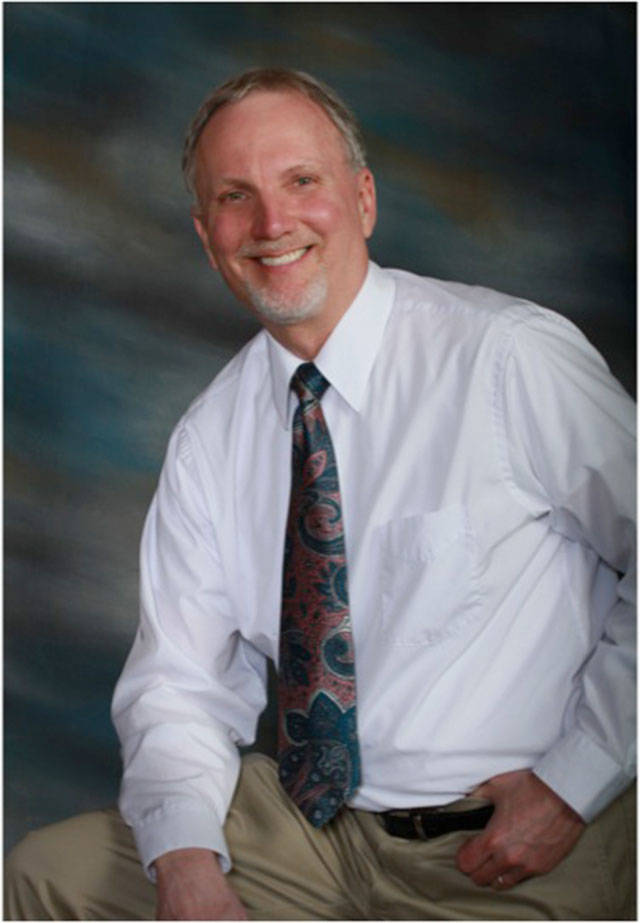Mahatma Gandhi once stated: “I have learned to use my anger for good…It is an energy that compels us to define what is just and unjust.”
The year 2020 reminds me of 1968 where two assassinations shocked the nation: Martin Luther King and Bobby Kennedy. War was raging in Vietnam and anti-war demonstrations and race riots roiled American cities. There was violence in Chicago at the Democratic National Convention as police abused their power to quell the rioters and demonstrators. Richard Nixon was running for president against the Democrat Hubert Humphrey. There was a lot of anger.
Today, as then, we are living in an Age of Rage. Just look around you at Seattle, Minneapolis, Portland and Chicago. Demonstrations and riots abound. Add to this the COVID-19 pandemic, where Congress can’t agree on a second aid package to bolster the economy, and the coronavirus threatens to throw the nation into depression.
Van Jones in his March 26, 2020, “Time” magazine article, entitled, ”Why We Need Bipartisan Progress Now More Than Ever,” describes four ways to solve the nation’s social problems by employing the strategy of “common ground” (areas of agreement). Jones, a CNN contributor, author and self-described leftist activist decided that working against President Donald Trump was counterproductive. This led him to finding these four approaches for creating unity:
Step 1: Focus less attention on the politics at the top and more on the pain at the bottom. Jones worked with Newt Gingrich and the Koch brothers to solve a common problem of prison sentencing reform. Trump rallied Republican support in Congress to pass the bill.
From this experience, Jones decided addiction, mental health and intergenerational poverty are problems needing solutions. These problems are common to both sides of the political divide.
According to him, only the best people on either side would get involved with these issues. He sought out the most partisan of partners to work with.
Step 2: Avoid hot button topics and focus instead on common-ground issues. Jones followed the advice of the late Dag Hammarskjold, secretary general of the United Nations. Find the smallest point where all sides agree there is a problem.
Whites are currently suffering opioid addiction in large numbers, as are Black communities. Jones’ advice is not to get caught up in the divisive issues of climate change or tax policy; just stick to addiction. According to Jones, when Blacks suffer from addiction, the solution is criminalization. Thirty years ago, Black men filled the prisons in the nation. When mainly whites get addicted to opiates, it’s an illness to be treated. Now, both Blacks and whites can work together to find solutions to a common problem.
Step 3: Perfection is not the goal. Strive for long-term results, not complete agreement. In the years after Roe v. Wade, the pro-life movement focused on 100 percent eradication of abortions. When that failed, pro-lifers came up with other solutions: counseling centers and restrictions on late-term abortions. Since Roe v. Wade, the number of abortions in the nation has been cut in half.
When you try to convert someone, it only pushes them away. There may be different motivations for wanting to bring about change. Accept the differences. Progressives are motivated by empathy and compassion while conservatives are more concerned about fiscal restraint, smaller government and redemption for sinners. Two differing motivations but a common concern.
As Jones stated: “Let that be enough.” Don’t expect perfection.
Step 4: If you want respect, you need to be respectful. Scolding and name-calling don’t bind people in a common cause. They separate them. Using words like deranged, thugs, enemies and deplorables are remembered for a long time. These words demean the person who uses them and creates emotions that are hard to forget for those on the receiving end.
We are living in polarized times. We need to come together. Our Age of Rage needs to be rerouted and sublimated into productive change for the nation.
Former president George W. Bush described what kind of people we need to solve these problems: “The heroes of America – from Frederick Douglass, to Harriet Tubman, to Abraham Lincoln, to Martin Luther King, Jr. – are heroes of unity. Their calling has never been for the fainthearted. They often revealed the nation’s disturbing bigotry and exploitation – stains on our character is sometimes difficult for the American majority to examine. We can only see the reality of America’s need by seeing it through the eyes of the threatened, oppressed and disenfranchised.”
My thanks to Philip Yancey for leading me to the beginning and ending quotes shared in this column.


